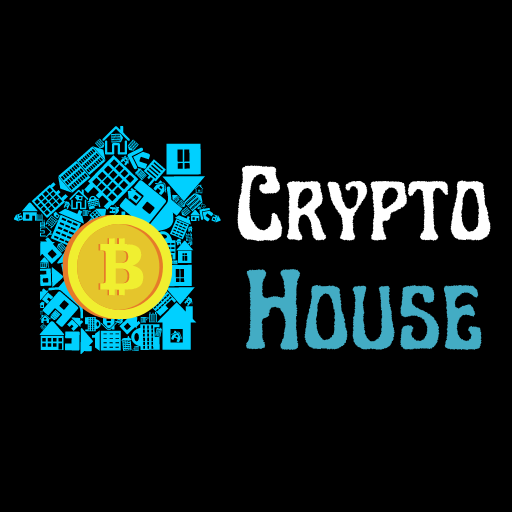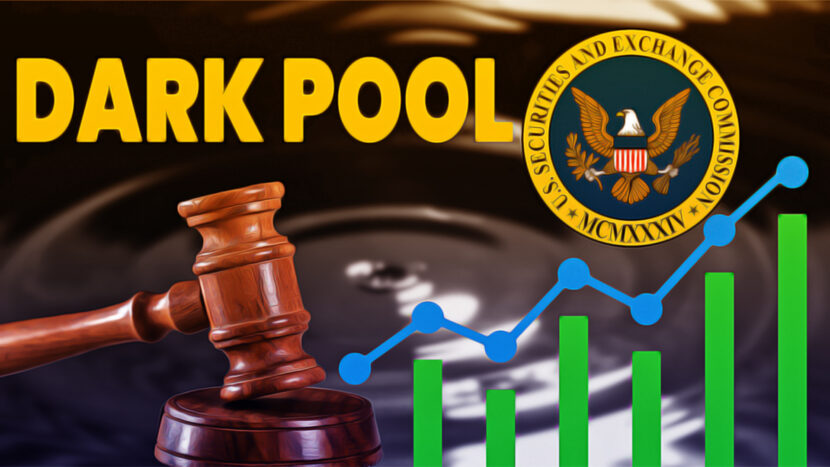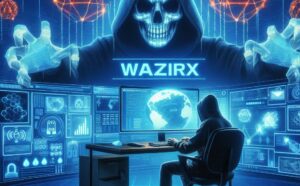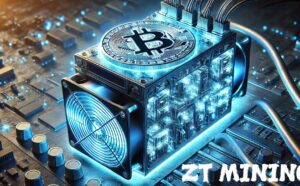- Understanding the concept of dark pool trading and how it promotes big block exchanges.
Dark Pool Trading is an alternative trading system wherein institutional buyers are able to enter into multimillion transactions through the use of high-frequency trading. These pools come under the purview of the United States Securities and Exchange Commission. Thus, dark pools are legal entities that allow the exchange of securities.
But how are the dark pools different from traditional stock exchanges when both provide the same features? To address this problem, it becomes important to understand why dark pools emerged.
During the 1980s, the SEC allowed brokers to transact shares in large volumes. This started a wave in which millions and millions worth of shares were traded in shorter durations.
The frequency kept on increasing and the need for high-computing transactions was felt. Certain regulations were made to stop these transactions as the marketplace became more volatile. Stricter regulations demanded HNIs and large institutions to show their intent before transacting in large blocks.
To cater to this problem, and to avoid price fluctuation due to large volumes being purchased or sold, dark pools emerged. These private institutions provide a significant feature that is not present in traditional exchanges.
Through dark pool trading, an institutional buyer is able to transact anonymously without them requiring to show their intent to the public. Another feature this ATS provides is charging lesser fees to complete a transaction.
As traditional exchanges rely heavily on transparency, dark pools became a successful venture market. Buyers and sellers were able to meet easily without fulfilling any critical requirements. For this, many investment firms and finance corporations developed their own dark pool houses.
These self-made houses were then equipped with tools like deposits, mutual funds, and marketable securities. All these houses derive their prices from traditional exchanges to reduce the possibility of price wars.
Checking The Legitimacy Of The Dark Pools
Having an ominous name, these ATS are considered illegal by the public at large. Because of the feature of anonymity and no disclosure requirements, these pools possess liquidity and transparency risks.
SEC then reasoned with the number of investors who walked out of these pools. The major issues that arose during the analysis concluded that these private institutions need regulatory mechanisms to ensure secure transactions.
Thus, the dark pools were mandated to get themselves registered with the SEC. Over the years, the SEC periodically scrutinized all the registered dark pools. The number of regulations was also amended to make dark pool trading more authentic.
In 2010, SEC issued an Equity Market Concept Release which included dark pools in the concept of an Alternative Trading System. Again in 2015, the SEC proposed amendments to requirements under Regulations ATS to enable dark pools to trade in the registered National Market System.
Conclusion
The concept of a dark pool was known to a lesser number of people prior to 2021. In late 2021, GameStop Corp. and AMC Entertainment Holding Inc share prices soared beyond imaginable numbers. The prices skyrocketed 1041% and 624% in 4 days, making the public think how these numbers will suffice.
As per the latest reports, there are a total of 64 registered dark pools operating in the US. Most of them are run by investment banks and the example includes Morgan Stanley’s MS Pool, Goldman Sachs’s Sigma X, and NY Stock Exchange’s Euronext.
The CFA Institute also believes that these entities should be strictly monitored and regulated to bring high-frequency trading under check and promote the integrity of the markets.





